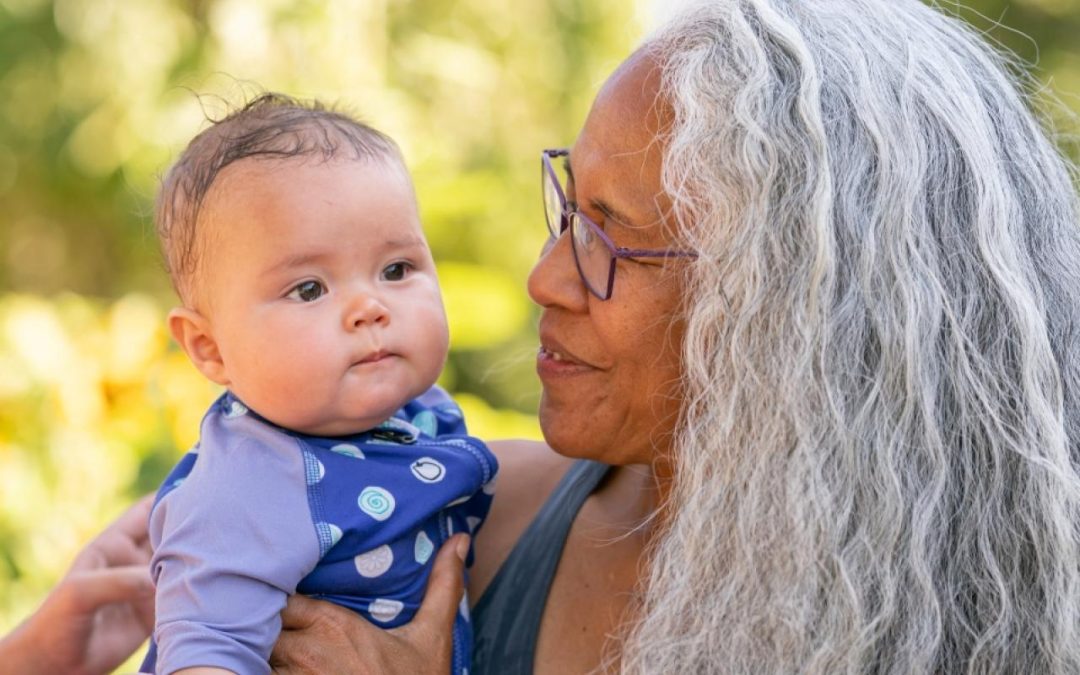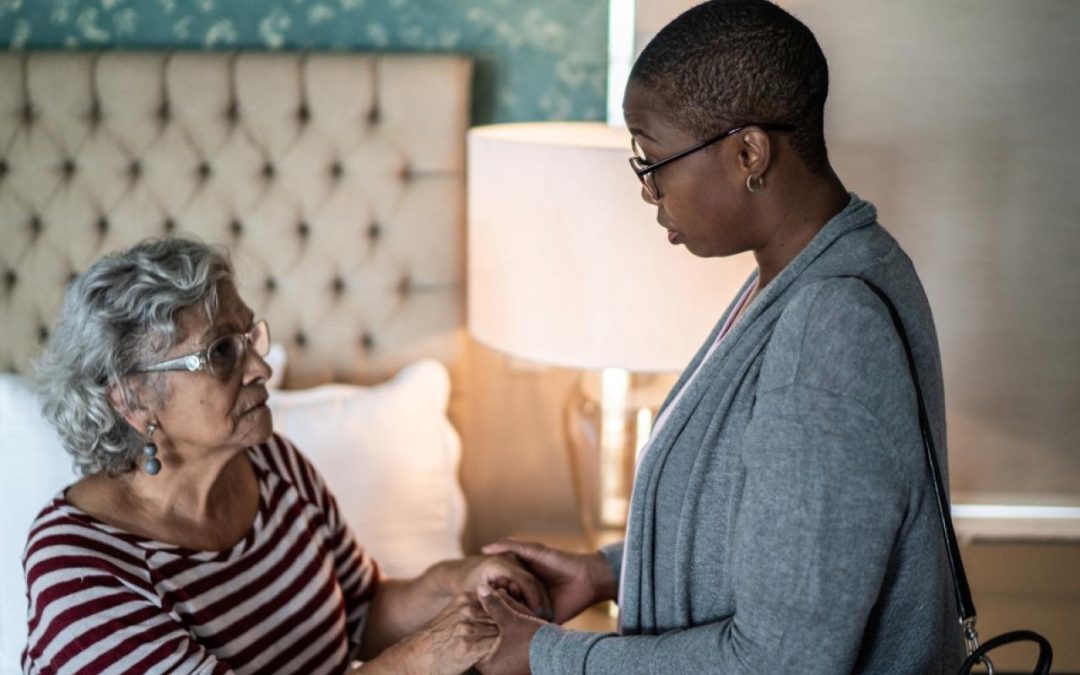‘Our work is, in many ways, to come to terms with all that our life has been.’

Generations Journal, vol. 46, no. 3 (Fall 2022)

‘Our work is, in many ways, to come to terms with all that our life has been.’

Addressing uptake levels, barriers and potential solutions to ACP in Indigenous people.

Solutions for creating an equitable end-of-life experience for all elders, no matter their race, ethnicity, sexual identity, and socioeconomic status.

Why palliative care is so much more effective toward the end of life than overmedicalized care.

A primer on the role these professionals play at the bedside and for family members and caregivers.

Treating physical and mental health as the intertwined issues they are.

Answering the query ‘Why bother?’ treating substance use disorder at the end of life.

Interventions that can help older adults to remain connected and engaged.

Earning the trust of African American elders in hospice and care at the end of life.

Connecting key aspects of resilience for a smoother transition into and through retirement.
Generations Journal, vol. 46, no. 3 (Fall 2022)
Abstract: In the modern era, most of us will die a death that we will see coming, that affords us the opportunity to have conversations of gratitude and reconciliation and to come to terms with the life we have lived. It turns out that peace of mind at the end of life...
Abstract: Advance care planning (ACP) is documenting the healthcare one would want if one could not speak for oneself. Numerous influences on individual and shared values define appropriate behavior and communication about death and dying among American Indians,...
Abstract: The COVID-19 pandemic brought to light significant health disparities in illness and death due to a person's race, ethnicity, and socioeconomic status. Also, those factors cause significant inequities in access to palliative and end-of-life care that remain...
Abstract: This article highlights how the end-of life medical care that patients receive may not be the type they need. Palliative care addresses this disparity. It provides a win-win scenario by enhancing quality of life for patients and their families, while...
Abstract: End-of-life Doulas (EOLDs) provide non-medical, practical, emotional, spiritual, and physical care, and support to those living with serious illness, their family and caregivers, beginning before hospice and lasting throughout the dying time and afterwards....
Abstract: Mental health can have a significant impact on older adults' quality of life, but mental health conditions for this population are often neglected. This article addresses some barriers preventing older adults from accessing treatment and introduces...
Abstract: Addiction issues have rarely been seen as a priority in palliative care. Yet unmanaged substance use can make the diagnosis and treatment of pain and psychiatric symptoms difficult, if not impossible—managing substance use aims to relieve or prevent such...
Abstract: While social isolation and loneliness affect individuals of all ages and backgrounds, older adults can be affected disproportionately, and are much more likely to suffer from health complications and related healthcare expenses. The COVID-19 pandemic has...
Abstract: Having faith and upholding the tenets of one's belief system is instrumental throughout an individual's life span, especially at the end of life. But faith is an individualized concept. With the faith community and places of worship being such an essential...
Abstract: The transition from career to retirement can be a time of tremendous opportunity, growth, frustration, disappointment, and everything in between. Despite the necessary adjustments, individuals can and do display resilience, or an ability to adapt despite...
Abstract: Individuals can experience loss and grief at any age in life, and a loss can transcend generations to come. The power of intergenerational connections can transform how individuals, communities, and institutions approach death, dying, and grief. Connecting...
Oftentimes, the importance of honoring the end of life—as we honor and celebrate birth—is lost. This is a concept I wrestled with during the earliest stages of my career as a social worker. Understanding how to best create opportunities to engage in open and honest...
Even in the presumably progressive aging sector, there is often an attempt to concentrate on the positive, and avoid the decline narrative, which can, however, eventually happen to anyone. Talk of death and dying is more common out of necessity but still not as frank...
Suggested citation for articles in this issue: [Last Name(s), First Name(s)]. “Article Title.” Generations Journal, vol. [#], no. [#] [season and year (ex. Fall 2024)]. [URL]
Generations Journal is the quarterly journal of the American Society on Aging. Each issue is devoted to bringing together the most useful and current knowledge about a specific topic in the field of aging, with emphasis on practice, research, and policy.